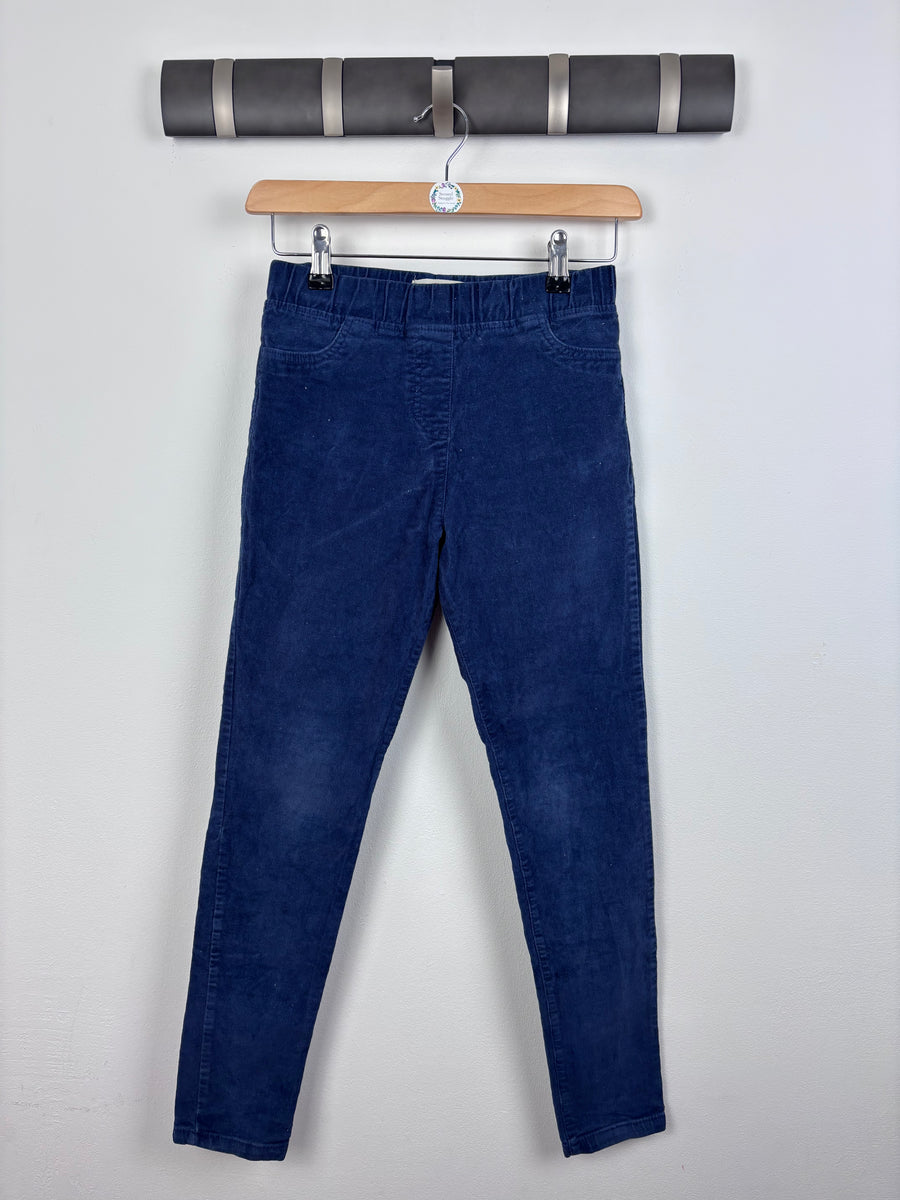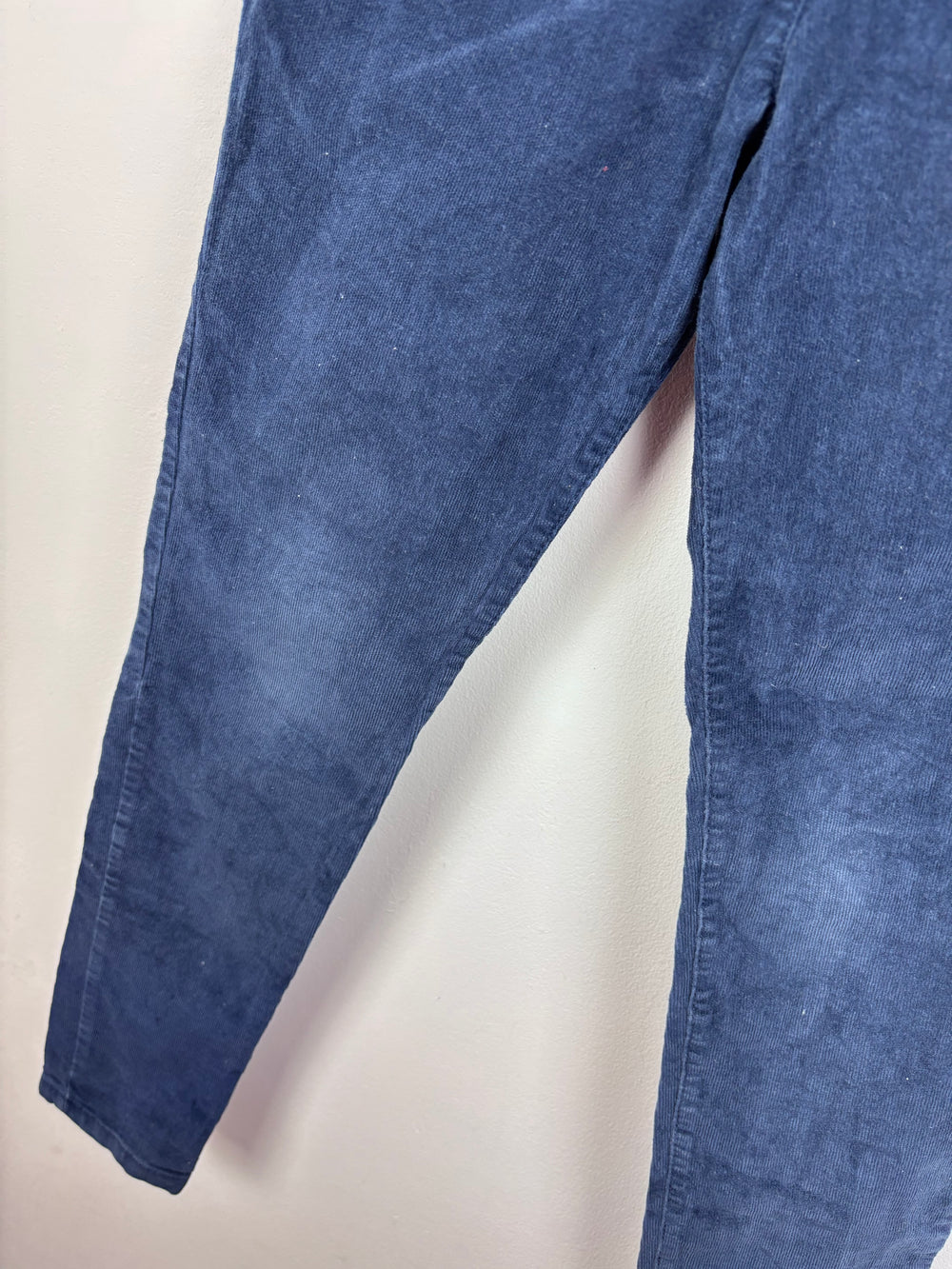Recyclable, Biodegradable, Compostable, or Paper Postage Bags?

At Second Snuggle, sustainability is at the core of everything we do, from offering preloved clothing to using eco-friendly packaging. One of the questions we’ve been considering is: what’s the best type of postage bag to use for our orders? With options like recyclable, biodegradable, compostable, and paper mailing bags, it can be difficult to choose the most eco-friendly path as well as making sure your items get to you safely.
Currently, we’re using up existing branded bags from a company that has since shut down—bags that would have otherwise gone to landfill. Rather than discarding them, we’re giving them a second life while we research the best sustainable alternative.
In this blog, we’ll dive into the pros and cons of each type of bag. We’ll also consider what happens if these materials end up in your regular household bin.
What Do These Terms Mean?
Before we weigh the options, it’s important to understand the definitions behind recyclable, biodegradable, compostable, and paper bags:
-
Recyclable Bags: These bags are made from materials that can be processed into new products, often plastic or synthetic materials. However, many recyclable bags need to be taken to specialized recycling points (often found at supermarkets) and can’t always be placed in household recycling bins.
-
Biodegradable Bags: Biodegradable bags are designed to break down naturally over time through the action of microorganisms. However, just because they’re labeled "biodegradable" doesn’t mean they will break down quickly in a landfill. Some require specific conditions, like heat and moisture, that aren’t usually found in landfill environments.
-
Compostable Bags: Compostable bags are made from natural materials, such as plant starch, and are designed to fully break down into non-toxic components—water, carbon dioxide, and organic matter—when composted in the right conditions. These bags are ideal for industrial composting but may not break down as easily in home compost heaps or landfills. Landfills are compacted to minimize oxygen exposure, slowing decomposition significantly.
-
Paper Mailing Bags: Paper bags are made from natural fibers, usually recycled or sustainably sourced. They are fully recyclable and biodegradable and can decompose quickly when composted. However, paper bags may not be as durable as plastic options, especially in wet or humid conditions.
Which is the Best Choice?
Let’s consider the options, particularly for customers who may not have access to composting or specialized recycling facilities. Here’s how the different bags stack up:
-
Recyclable Bags: If you want a bag that’s likely to be reused or properly processed, recyclable bags are a good choice—especially if they can be dropped off at local soft plastic recycling points. However, these still rely on customers correctly disposing of them.
-
Biodegradable Bags: While these sound ideal, biodegradable bags can be misleading. They may take years to break down in landfill conditions, meaning they aren’t always the best choice if disposed of in a regular bin. Some biodegradable plastics also leave behind harmful microplastics.
-
Compostable Bags: Compostable bags are a fantastic option if you have access to an industrial composting facility or a well-managed home compost heap. However, if placed in a regular bin and sent to landfill, they may not break down properly due to lack of heat and oxygen.
-
Paper Mailing Bags: Paper bags are biodegradable, recyclable, and compostable, making them an excellent choice for eco-conscious businesses. If a paper bag ends up in the regular household bin, it will break down more quickly than plastic-based alternatives and won’t leave harmful residues behind. The downside? Paper bags may not be as durable, especially in wet conditions, which could be a concern if you’re shipping fragile or bulky items.
If It Ends Up in the Regular Bin...
Most people, unfortunately, do not have access to home compost heaps or industrial composting services. So what’s the best option if a postage bag ends up in a regular bin?
-
Recyclable Bags: If placed in the trash, these won’t decompose but can still be reused if taken to a soft plastic recycling point.
-
Biodegradable Bags: These may take a long time to break down in landfill and can release microplastics, so they aren’t ideal if thrown away with regular waste.
-
Compostable Bags: Compostable bags are better for the environment than biodegradable plastic bags, but they need the right conditions to break down. In a landfill, they may degrade slowly and produce methane, a potent greenhouse gas.
-
Paper Mailing Bags: Paper bags will break down in a landfill much faster than plastic options, and they don’t leave behind harmful residues. While they’re not perfect for all situations, they may be the best option if you’re looking for something that will decompose naturally when disposed of in a regular bin.
Our Sustainable Approach
At Second Snuggle, we’re committed to sustainability not only through our products but also in the way we package and ship them. While we’re currently using up the branded bags we have, we’re researching the best option for when these run out. As a small business, we believe that using what we already have is one of the most sustainable actions we can take—waste reduction is just as important as choosing the right materials.
Our next step is finding the most eco-friendly option for future packaging, and we’re leaning towards either recycled and recyclable plastic or paper mailing bags. Both have their benefits, but we want to ensure that whatever we choose is both durable and sustainable.
Choosing the Right Packaging
When it comes to making sustainable packaging choices, there’s no one-size-fits-all solution. However, based on our research, paper mailing bags seem to be the most eco-friendly option if they end up in a regular bin. They decompose faster than plastic, don’t require special conditions to break down, and can be recycled easily.
We’re excited to continue this journey toward more sustainable practices and invite you to join us in making eco-conscious choices for a greener future.





Leave a comment